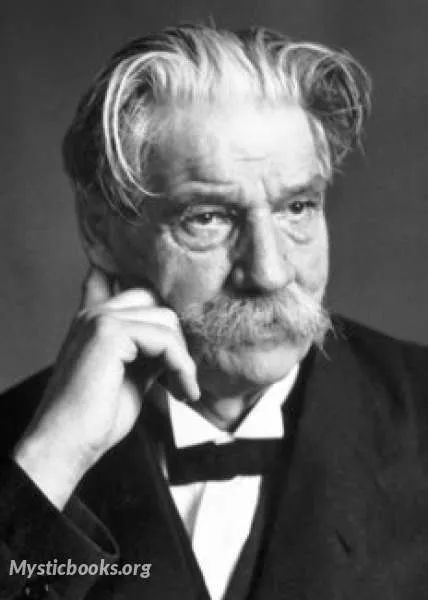
Timeline
Title
Country/Nationality
Albert Schweitzer
Ludwig Philipp Albert Schweitzer was an Alsatian polymath. He was a theologian, organist, musicologist, writer, humanitarian, philosopher, and physician. A Lutheran, Schweitzer challenged both the secular view of Jesus as depicted by the historical-critical method current at this time, as well as the traditional Christian view. His contributions to the interpretation of Pauline Christianity concern the role of Paul's mysticism of "being in Christ" as primary and the doctrine of Justification by Faith as secondary.
He received the 1952 Nobel Peace Prize for his philosophy of "Reverence for Life", becoming the eighth Frenchman to be awarded that prize. His philosophy was expressed in many ways, but most famously in founding and sustaining the Albert Schweitzer Hospital in Lambaréné, which up to 1958 was situated in French Equatorial Africa, and after this in Gabon. As a music scholar and organist, he studied the music of German composer Johann Sebastian Bach and influenced the Organ Reform Movement (Orgelbewegung).
Books by Albert Schweitzer

J.S. Bach, Volume 1
An analysis of Johann Sebastian Bach's life and musical compositions, and of the artistic, philosophical, and religious world in which he acted.

The Quest of the Historical Jesus
The Quest of the Historical Jesus is a 1906 work of Biblical historical criticism written by Albert Schweitzer during the previous year, before he began to study for a medical degree.

J.S. Bach, Volume 2
Albert Schweitzer's "J.S. Bach, Volume 2" delves deeper into the life and works of Johann Sebastian Bach, exploring his later years, particularly his time in Leipzig. It examines Bach's musical output, including his major cantatas, organ works, and i...